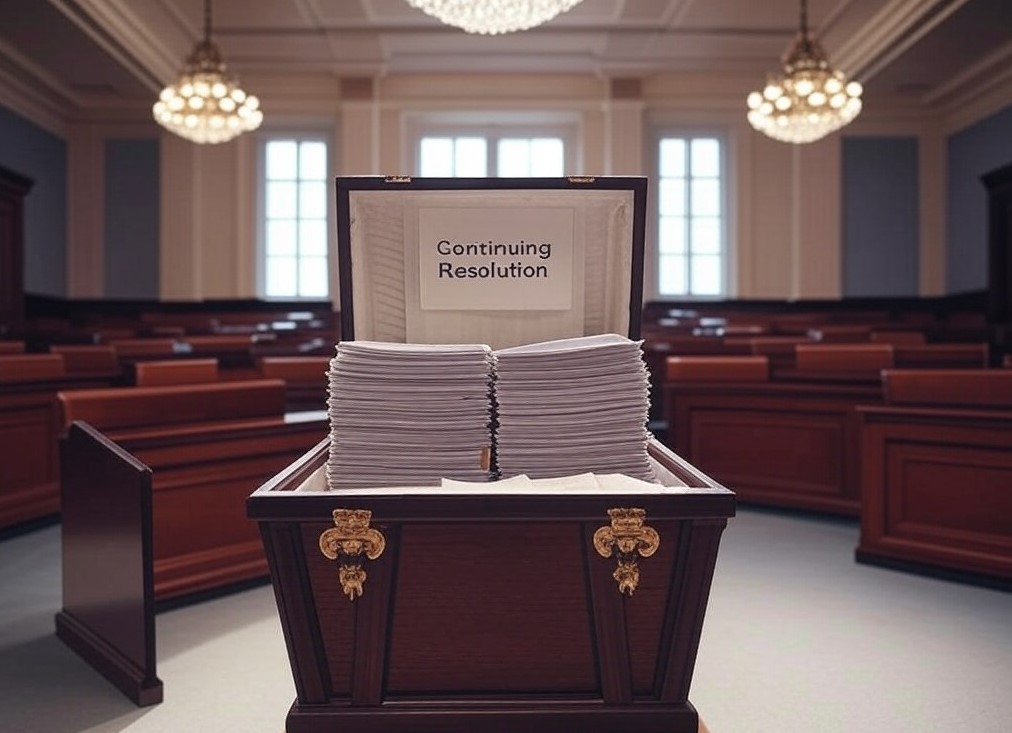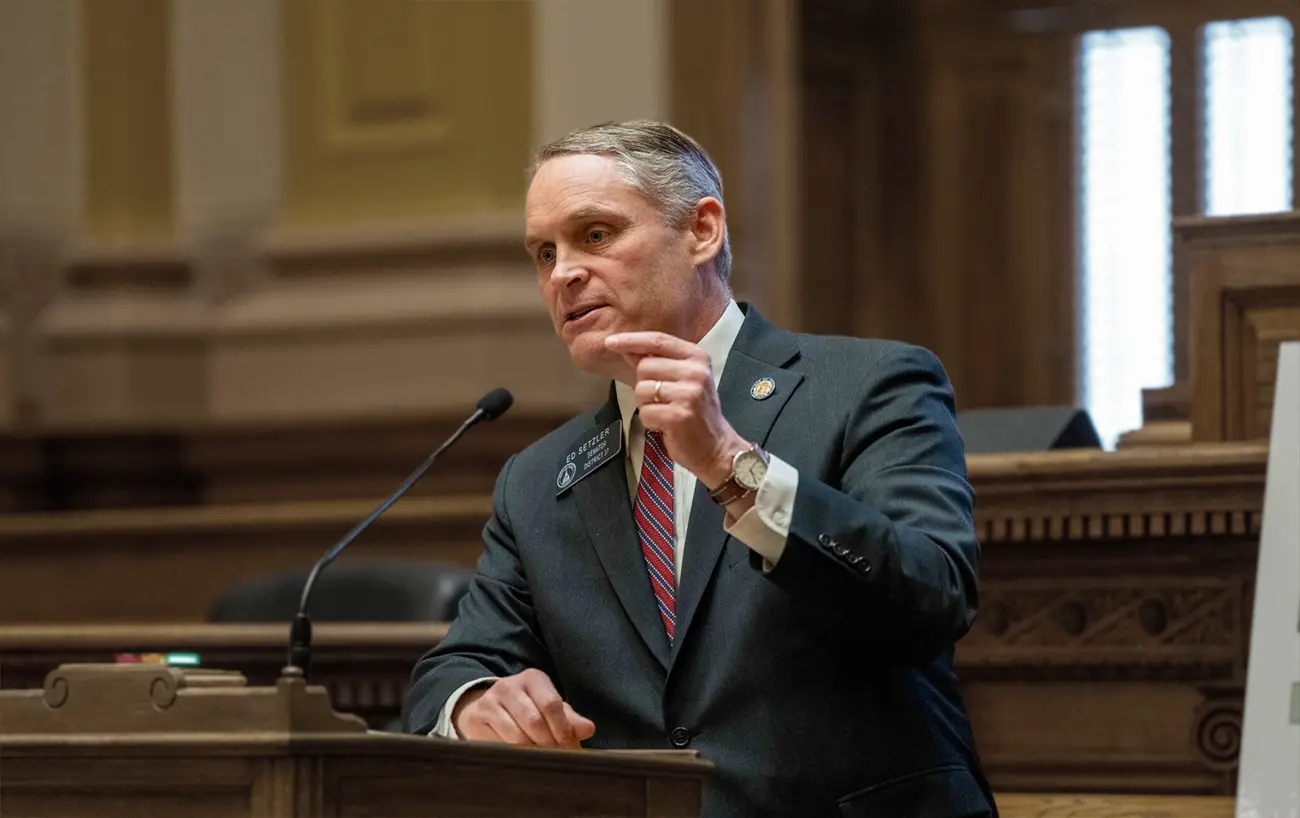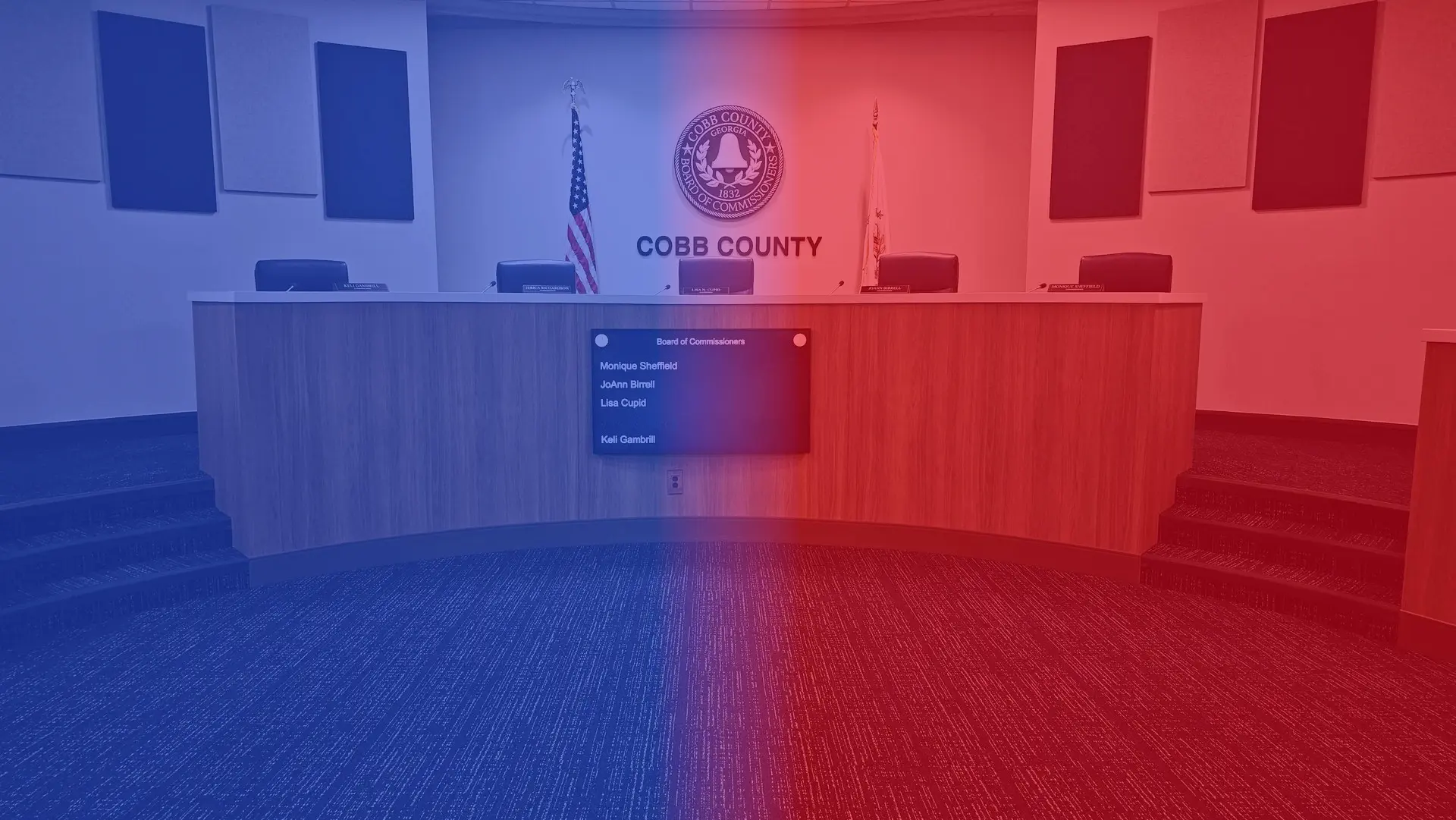By Heather Thompson
Cobb County has indeed faced some serious political issues, but as voters, we would be remiss if we didn’t also pay attention to what’s happening in Washington, where so many of our tax dollars are at stake. That’s why I want to discuss the now-stalled Continuing Resolution, or CR.
For those unfamiliar, let me explain what a Continuing Resolution is. Typically, a CR simply extends funding, at the previous year’s levels, and serves as a stopgap when Congress and the president can’t agree on a budget. It is not a budget and should not replace one. A CR, according to the U.S. Government Accountability Office, is a “temporary spending bill that allows federal government operations to continue when final appropriations have not been approved by Congress and the President.” Without a budget or a CR, government functions halt.
In an ideal world, Congress and the president would agree on appropriations to fund the government for the entire fiscal year. This process involves the president proposing a budget, which Congress then debates, modifies, and passes. However, in the last nearly 50 years, this has happened only three times, most recently in fiscal year 1997. This means our government has operated under a CR, and not a budget, for most of the last half-century — let that sink in.
Now, let’s talk about the current CR in Congress, which, in my opinion, is both useless and ineffective.
We elect representatives who are supposed to share our values and act in the best interests of the people and the country. Their job is to draft legislation, present it for a vote, and maintain order, safety, security, and global functionality. However, this process has become overly complicated, leading politicians to make decisions they believe are too complex for the average American to understand, often bypassing public wishes.
This approach has created a bubble around our elected officials, but the American people are increasingly armed with the metaphorical pins to pop it.
The CR brought to the floor by House Speaker Mike Johnson, R-La., was a massive 1,547 pages and included provisions such as:
- Exemption of Congress from medical laws they pass, while the public remains subject to them.
- Prohibitions on investigating politicians for wrongdoing or illegal activities.
- A 3.8% cost-of-living pay raise for Congress members.
- $60 billion in aid to Ukraine.
- Funding for gain-of-function research and bio labs.
- Funds for a new football stadium in Washington, D.C.
- A proposal to postpone the debt limit debate for two years.
It also included:
- $100 billion in disaster relief for hurricane victims.
- A one-year extension of the farm bill, supporting programs like the USDA’s rural housing initiative and SNAP.
- Funds to rebuild the Francis Scott Key Bridge in Baltimore.
A CR should be a simple measure to keep government operations running until a full budget is agreed upon. Instead, it’s become a vehicle for fiscal irresponsibility, loaded with “pork” — unnecessary spending projects — while Congress criticizes on another for not supporting it.
This CR is essentially an omnibus bill, exploiting the urgency of government funding to push through various agendas under the guise of aiding Americans in need. The American people are not naive; we can no longer trust the messaging from our elected officials, who often resort to smoke and mirrors. It’s up to us, the voters, to scrutinize these bills and decide if they truly serve our nation’s best interest.
This article was reposted with permission from the author with modifications. The original article can be found at Heather Thompson’s substack page.







